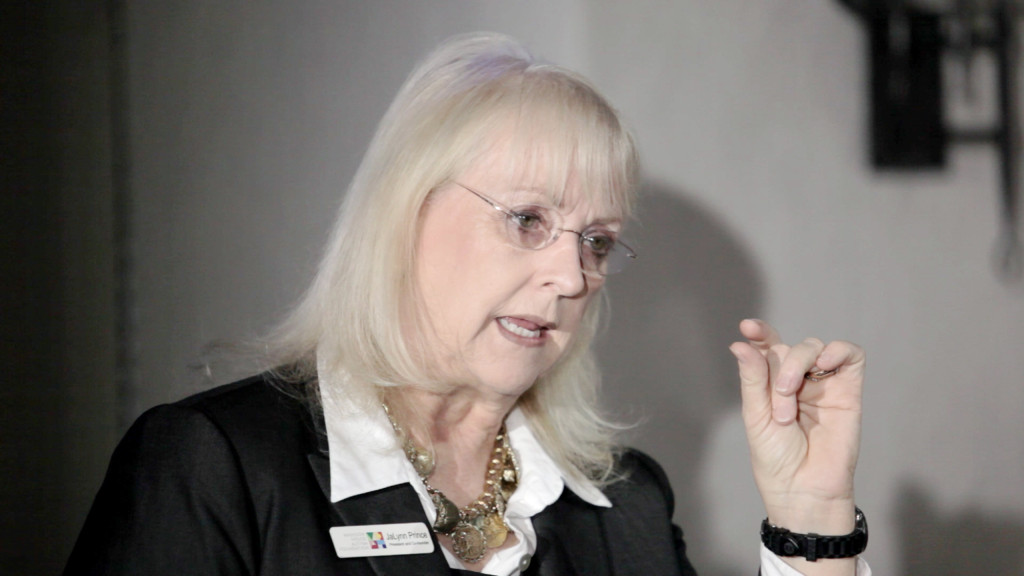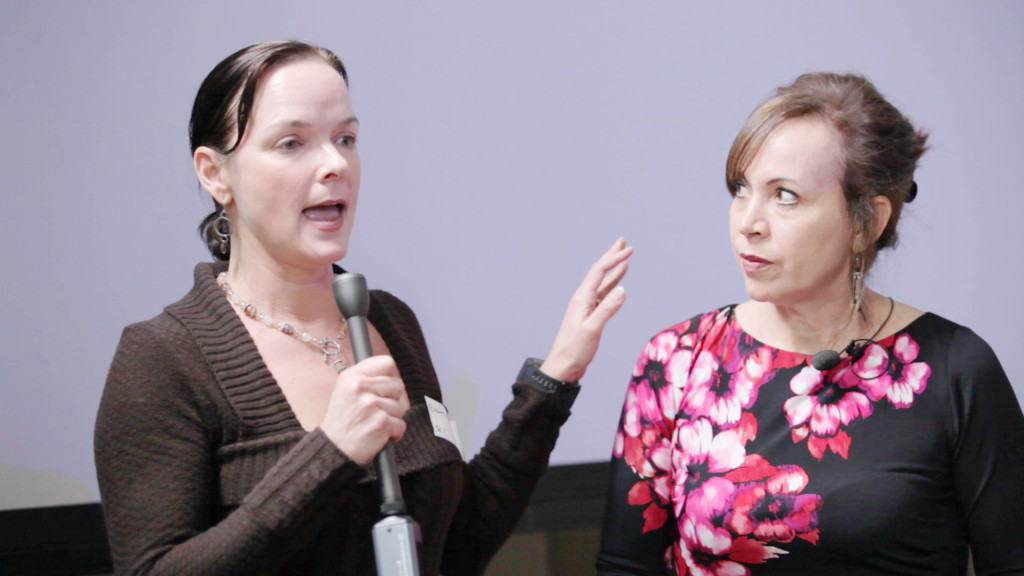Madison House is working with medical personnel to ensure that healthcare providers know how to best help autistic individuals with difficult health challenges. The following presentation by Dr. Faith Frankel gives practical advice to physicians, parents, and adults with autism on how to have more successful doctor’s visits.
About This Presentation
When Beth received her son Michael’s autism diagnosis, she didn’t know where to turn. She first sought help from her son’s doctors, but her sky-high stress levels paired with the doctors’ limited understanding of autism spectrum disorder was a recipe for disaster. Medical appointments consisted of meltdowns, hysterics, and exhaustion for Beth as well as Michael. Where was she to go, whom was she to turn to, and what would this all mean for Michael’s future?
In desperate need of support, Beth reached out to her neighbor, Georgetown School of Medicine graduate and pediatrician, Dr. Faith Frankel. Beth and Dr. Frankel were only acquaintances, but navigating the medical world proved so challenging that Beth knew she needed support. Affectionately known as as “Dr. Faith,” she attended all of Michael’s doctors’ appointments and acted as Beth’s ears when he needed his mother’s full attention. The meltdowns didn’t stop, but having someone there to communicate with the doctor helped Beth get the information she needed.

Since this experience, Dr. Faith has become an autism advocate. She connected with JaLynn Prince, President and Co-founder of Madison House Autism Foundation (MHAF), a national organization that addresses issues impacting adults with autism. By way of speaking engagements, the two have embarked on a mission to educate parents and doctors on how to better communicate and work with one another when dealing with “typical medical issues in an atypical population.” Watch the video below to see Dr. Frankel and JaLynn Prince discuss healthcare issues on Montgomery Week in Review.
In Dr. Faith’s lecture, hosted by MHAF in Potomac, MD, she urges the doctors in the audience to “leave [their] egos at the door” if an autistic patient says their ” perfume smells bad.” Dr. Faith mentions that she’ worked with an autistic patient who was more comfortable being examined in the family car. While this is considered an atypical practice, she accommodated the request, and the appointment went smoothly. There are patients on the spectrum who prefer deep pressure as opposed to a doctor’s gentle touch. Others may not tolerate a tongue depressor or an ear examination, and, while it may be common protocol to check a patient from head-to-toe, it is ultimately up to the physician to determine whether a procedure is absolutely essential. The key to success is to remain flexible and open to individual needs. While these kinds of outside-the-box practices are not formally taught in medical school, if implemented responsibly, they can make for a more timely, productive, and comfortable visit for everyone involved.

Dr. Faith recommends that parents practice taking their autistic children to the doctor over and over again to establish familiarity with the office and to also film or photograph this process for at-home review. She urges parents to be up-front when asking for accommodations or making suggestions to their provider, just as she urged physicians to keep an open mind and be willing to adjust their procedures on a case-by-case basis. Clear and thorough communication is key for parents as they are the true experts and know their children better than anyone else. Disclosure is not only important in working with current doctors but also in transitioning from a pediatrician to a general practitioner.

Parents and doctors alike find Dr. Faith’s lecture to be informative and empowering. This feedback supports the national urgency for more formal discussions pertaining to medical issues and autism. As Dr. Faith contends throughout her presentation: with reciprocal training, medical visits for all of the Michaels in the world can be vastly improved.
Dr. Faith Frankel, a member of the Madison House Advisory Board, has presented on this subject at autism conferences, physicians at MedStar Georgetown University Hospital and Virginia Hospital Center, a member of the Mayo Clinic Care Network, as well as operating room professionals at Suburban Hospital, part of the alliance Johns Hopkins Medicine and the National Institutes of Health. Her presentation includes many tips for physicians, autistic individuals and parents to make providing medical care easier throughout the lifespan.



